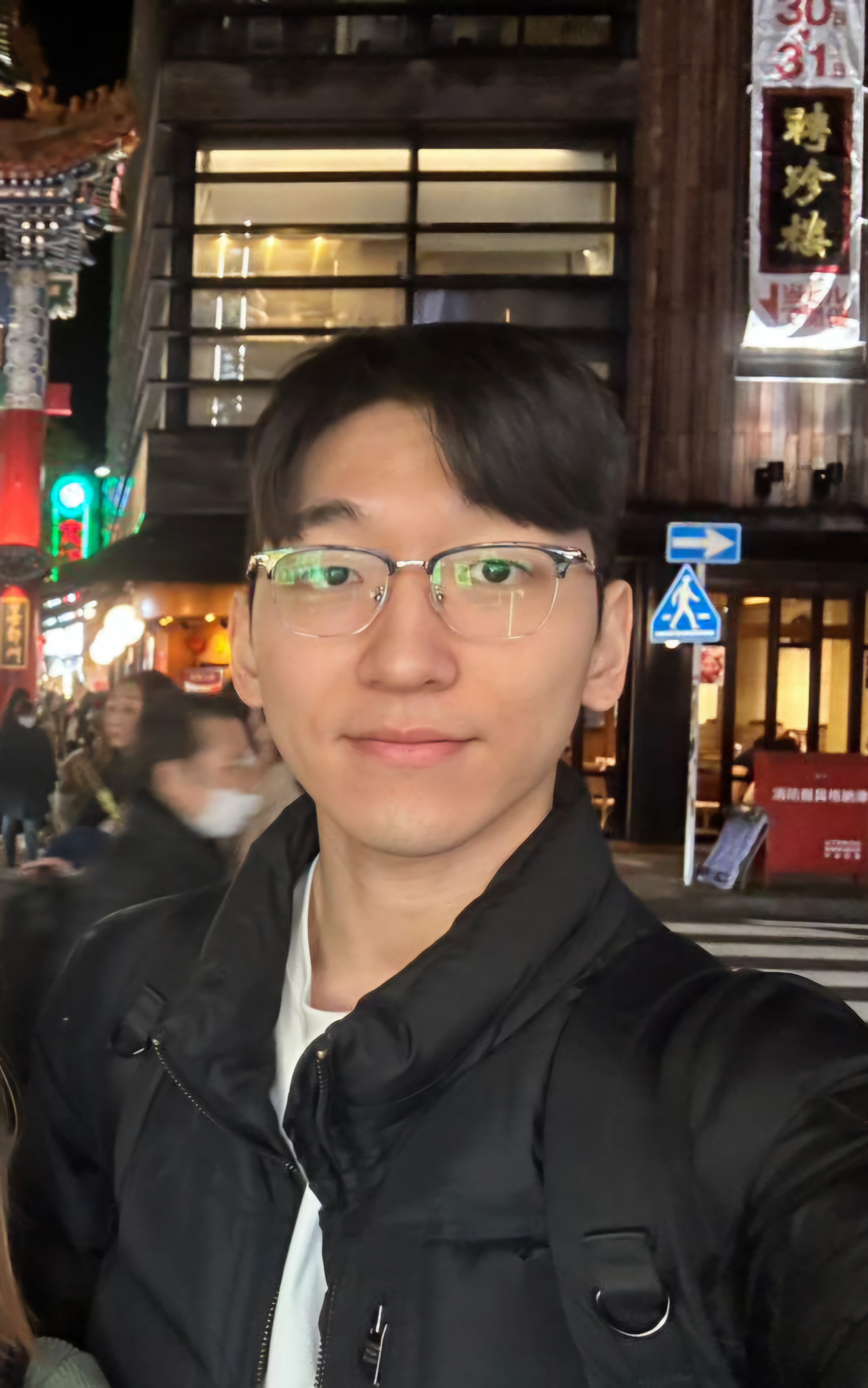
Currently I'm doing my masters program at KAIST School of Computing, under the advisement of professor
Jeehoon Kang and Jongse Park .
My interests are: AI systems, compilers, programming languages and machine learning.
I want to build a compiler, runtime and programming model that fill the gap between large AI models and heterogeneous hardwares, e.g., NPU and PIM.
single-page CV
CV.pdf
Contact
- Email : haechan.an_at_kaist.ac.kr
- Github : AnHaechan
Research Topic: AI compilers for NPU-PIM heterogeneous systems
Deep learning models, such as generative AI, are increasingly demanding more computation, memory and bandwidth. To efficiently handle those resource demands, (1) various specialized accelerators have been proposed and (2) the model executions are being distributed to multiple hardwares. The benefit of using multiple heterogeneous accelerators can only be utilized by a software stack, including specialized compiler and runtime, which bridge the high-level application and low-level hardwares. However, currently there are limited compiler support that can automatically generate efficient execution plans for varying models, given multiple different accelerators including NPU(Neural Processing Unit) and PIM(Processing In Memory). My research goal is to design such AI compilers for distributed & heterogeneous accelerators.
Experiences
- 2022.01-2022.02, Startup : developed data pipeline and web frontend
- 2022.03-2022.06, Undergraduate Internship, at KAIST Prosys Lab : studied static program analysis and program synthesis; wrapped up it with my Bachelor's thesis
- 2022.07-, Undergraduate Internship & Master's Student, at KAIST Concurrency and Parallelism Lab : worked on serving ML pipelines on NPU/GPU servers, with adpative scheduling (~5 mo) : worked on automatic program verification/formal proof automation with language models augmented with theorem provers (~1 yr) : currently working on AI compilers. Especially for compiling LLMs for NPU/PIM devices. (2024.03-)
External experiences
- participated in SK Hynix's workshop on AiM(Accelerator-in-Memory) theory & practice
- participated in Modulabs & Rebellions' PyTorch + NPU lab